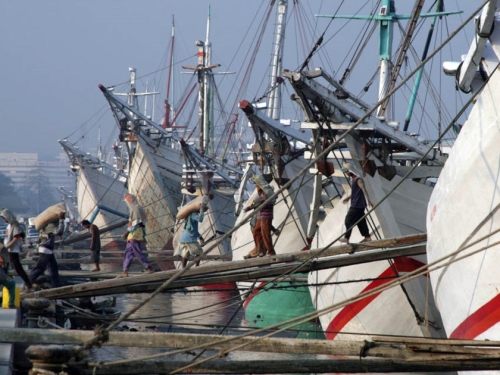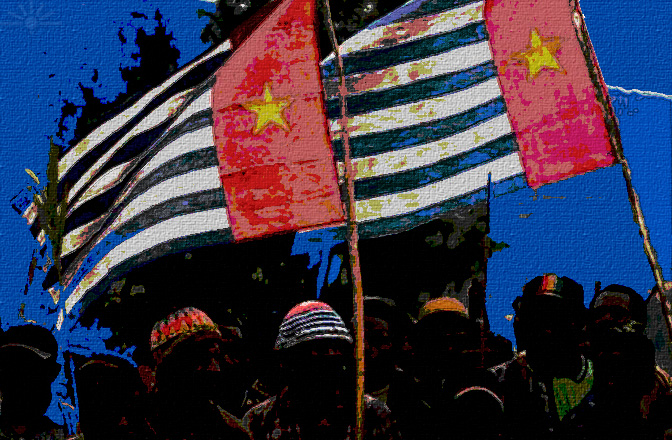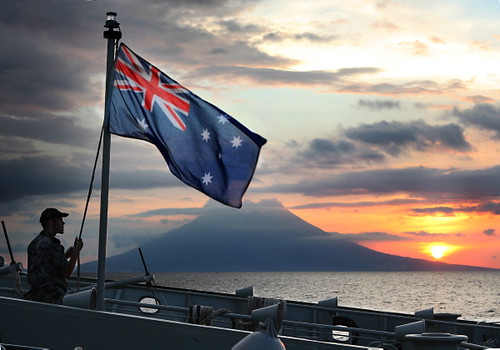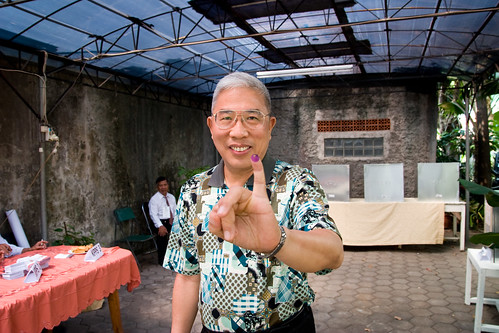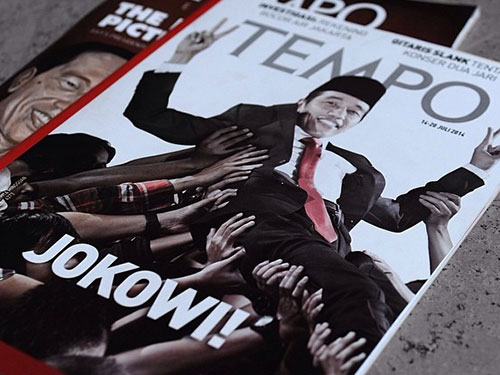
This article was originally published by the East Asia Forum on 7 November, 2015.
Indonesian President Joko Widodo (Jokowi) visited China twice in his first year of presidency alone. In contrast he made his first state visit to the United States only in October 2015. But although Sino–Indonesian relations are currently strengthening, economic and geostrategic obstacles are likely to limit progress.
When the Jokowi administration came to power in 2014, it inherited an already strong relationship with China. Under former president Susilo Bambang Yudhoyono (SBY) relations were upgraded to a comprehensive strategic partnership in 2013, which saw enhanced cooperation in areas such as defence and scientific research. In 2010, China also became Indonesia’s largest trade partner and committed to assist Indonesia in infrastructural development.

